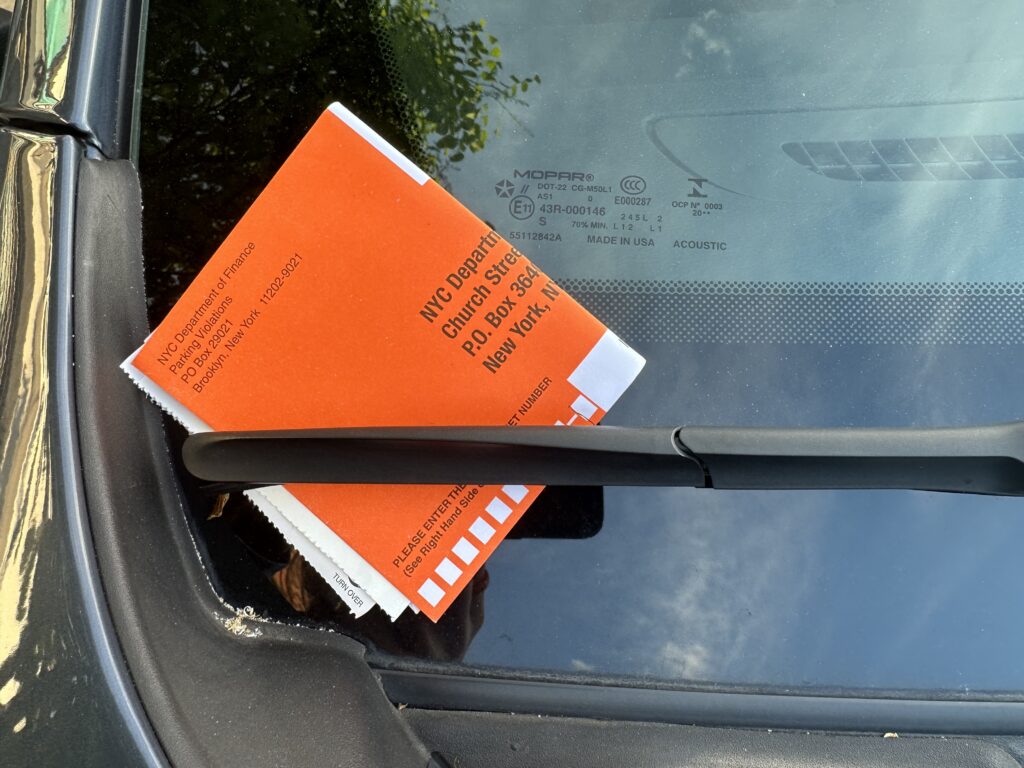
By Iryna Shkurhan | ishkurhan@queensledger.com
What if your income determined how much you would pay for a parking ticket in NYC?
South Brooklyn City Councilman Justin Brannan (D), introduced a bill last week that would implement a sliding scale pay structure for civil infractions such as double parking. Low-income New Yorkers would not be obligated to pay the same price as their high-income neighbors under a “day fines” structure.
Currently there is over $2 billion in unpaid tickets that the city is owed, according to the Independent Budget Office (IBO). This includes parking tickets, as well as camera generated violations for speeding, driving in a bus lane and running a red light. Close to a billion of the sum is made up of penalties.
According to the IBO, the percentage of unpaid tickets has almost tripled in the past five years. In 2017, only ten percent of fines went unpaid. But last year, 29 percent of tickets were unpaid, indicating that the accumulated balance is growing faster than fines per year since the pandemic.
“Why should the guy who double parked his 1988 Toyota pay the same as the guy with the 2024 Bentley?” Brannan told the Daily News. “Fines should be high enough to discourage people from breaking laws that endanger or inconvenience our neighbors but low enough that they don’t arbitrarily upend anyone’s life.”
Brannan’s legislation encourages the Office of Administrative Trials and Hearings to develop and release a pilot program that implements the sliding scale. He did not specify what types of fines should be considered, except for his mention of double parking which currently costs violators $115 per incident.
While flat-rates are normal in the United States, in several European countries including Germany and Switzerland, much heftier fines are handed out to the wealthy for violations such as speeding or drunk driving.
In 1991, the Bureau of Justice Assistance funded four day fine pilot projects that determined the penalty based on the offenders’ daily income in Arizona, Iowa, Oregon and Connecticut. According to their report, day fines impose fewer system costs and reduce recidivism while also achieving equity in sentencing.
A spokesman for Mayor Eric Adams said that their office will review the bill. Ultimately, the Mayor’s support is needed for the pilot program to launch and generate findings for elected officials.


